Let’s face it—no one wants to give up their favorite comfort foods. But eating well isn’t about saying goodbye to pizza nights or sweet treats forever. It’s about finding a better balance.
Some foods, though delicious and convenient, can quietly chip away at your health if eaten too often. From sugary snacks to sneaky sodium bombs, small changes in what you reach for daily can lead to big shifts in energy, mood, and overall wellness.
In this guide, we’re spotlighting 15 everyday foods that might deserve a little less space on your plate. Don’t worry—we’re not banning anything. Think of this as a gentle nudge toward smarter swaps and mindful indulgence.
1. Soda
Ah, the sweet fizz of a cold soda. It’s refreshing, no doubt, but those bubbles might be hiding a not-so-sweet truth. Loaded with sugars and empty calories, soda can contribute to weight gain and dental issues.
Switching to water or sparkling water could be a game-changer for your health. Craving the sweetness? Infuse your water with fruits or try herbal teas.
The occasional soda won’t hurt, but cutting back can help you dodge unnecessary sugar spikes and crashes, keeping you more balanced day-to-day.
2. White Bread
That fluffy white bread might evoke childhood memories of sandwiches cut into perfect triangles. Still, this staple is often stripped of its nutrients. The refining process removes fiber, leading to a higher glycemic index.
Choosing whole grain or multi-grain bread can provide essential fibers and nutrients, aiding digestion and keeping you full longer.
Occasionally, white bread won’t derail healthy eating, but opting for more nutritious alternatives could make a significant difference.
3. Fried Foods
Golden, crispy, and just a little too tempting, fried foods are a guilty pleasure for many. Unfortunately, they’re often loaded with unhealthy trans fats and calories.
Baking or air-frying can offer a similar crunch without the added grease, making meals lighter and kinder to your heart.
It’s not about swearing off fried goodies forever but embracing healthier cooking techniques that can satisfy cravings without the guilt.
4. Processed Meats
Processed meats like sausages and deli ham may be convenient, but they often come with high levels of sodium and preservatives. These can impact heart health over time.
Choosing fresh cuts and cooking at home allows for control over seasoning and ingredients. Consider herbs and spices to boost flavor naturally.
Cutting back doesn’t mean cutting out—just a little mindfulness in consumption can go a long way in promoting wellness.
5. Sugary Snacks
Sugary snacks are hard to resist, turning any dull afternoon into a sweet escape. However, they’re packed with sugars that can lead to energy crashes and tooth decay.
Opting for fruits, nuts, or yogurt can satisfy sweet cravings while offering nutritional benefits.
Enjoying sweets in moderation is key, but steering towards healthier options more often can support a balanced diet without missing out on treats.
6. Full-Fat Dairy
Creamy and rich, full-fat dairy products can be a delight in cooking and snacking, but they are high in saturated fats and calories. Overconsumption may contribute to heart disease and weight gain.
Switching to lower-fat versions or using plant-based alternatives can help manage these risks while still enjoying dairy.
Finding balance with dairy doesn’t have to mean giving it up entirely; it’s about enjoying it judiciously.
7. Fast Food
Convenience often comes at a cost when it comes to fast food. These meals are quick and filling but usually high in unhealthy fats, sugars, and sodium.
Preparing meals at home or choosing healthier menu options can drastically reduce these unwanted extras.
Fast food isn’t inherently evil, but moderation and mindful choices can keep a diet well-rounded while still enjoying the occasional indulgence.
8. Instant Noodles
Instant noodles are the epitome of easy meals, especially for those with hectic schedules. But they are often loaded with sodium and lack essential nutrients.
Adding fresh vegetables or proteins like eggs can enhance their nutritional profile without losing convenience.
It’s all about moderation and enhancement, making sure that even quick meals can support a healthy lifestyle.
9. Sugary Cereals
Morning routines can be brightened with sugary cereals, but these often come with hidden sugars and lack fiber. Starting the day with a sugar rush might not be ideal for sustaining energy.
Consider whole grain cereals or oatmeal, which provide fiber and more sustainable energy levels.
Balancing sugar intake from the get-go sets a positive tone for the rest of the day’s meals.
10. Alcohol
A toast with friends can be a highlight of the weekend, but frequent alcohol consumption can strain the liver and add empty calories.
Sipping mindfully or choosing alcohol-free options ensures social enjoyment without the downsides.
Cutting back doesn’t mean cutting out; it’s about finding a happy medium that supports long-term health goals.
11. Canned Soups
Canned soups offer heartwarming convenience, especially on chilly days, but they’re often loaded with sodium and preservatives.
Making soup at home with fresh ingredients can cut down on unwanted additives while serving up superior flavor.
Canned doesn’t have to be canned forever—just a little effort can provide a delicious and healthier alternative.
12. Margarine
Margarine, with its buttery facade, often contains trans fats that can affect heart health. While it may seem like a lighter alternative to butter, the health implications can be similar.
Choosing butter, olive oil, or other natural spreads can offer more health-conscious options.
A little bit of switch-up in spreads can contribute to a healthier lifestyle without compromising on taste.
13. Energy Drinks
Energy drinks promise an instant boost, but they can also lead to jitters and energy crashes due to high caffeine and sugar content.
Opting for natural energy sources like nuts or a brisk walk can sustain energy more effectively.
They are not the enemy, but knowing how to manage their intake is crucial for maintaining vitality.
14. Artificial Sweeteners
Artificial sweeteners often find their way into coffee cups as a sugar substitute, but the long-term effects are still debated. Some might even trigger cravings for more sweets.
Using natural sweeteners like honey or agave can be a more wholesome choice.
Sweetness can be enjoyed in moderation, with mindfulness toward more natural alternatives.
15. Pastries
Pastries, with their golden layers and sweet fillings, are an indulgent start to any morning. But they’re rich in sugars and fats, which can be overkill for those watching their diet.
Enjoying them as an occasional treat and savoring each bite can keep indulgences in check.
Balance doesn’t mean going without life’s little pleasures, but finding a way to enjoy them responsibly.


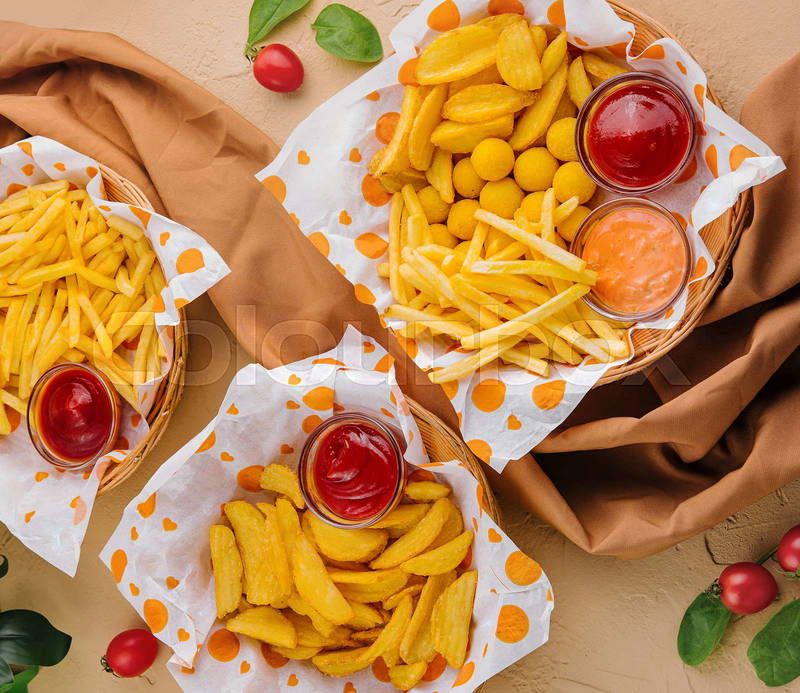


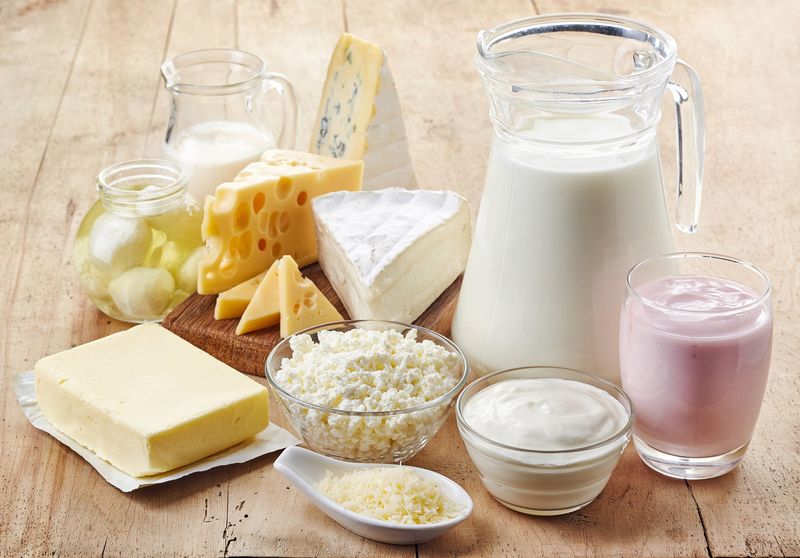


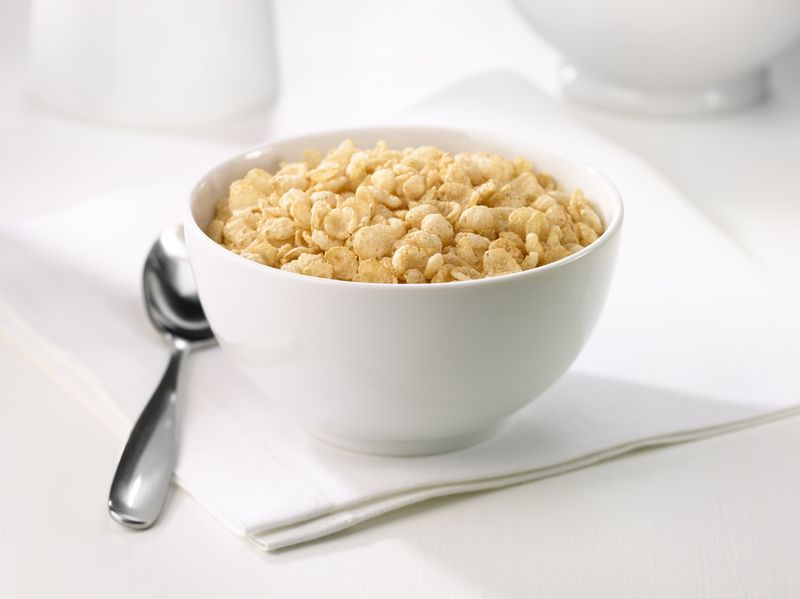

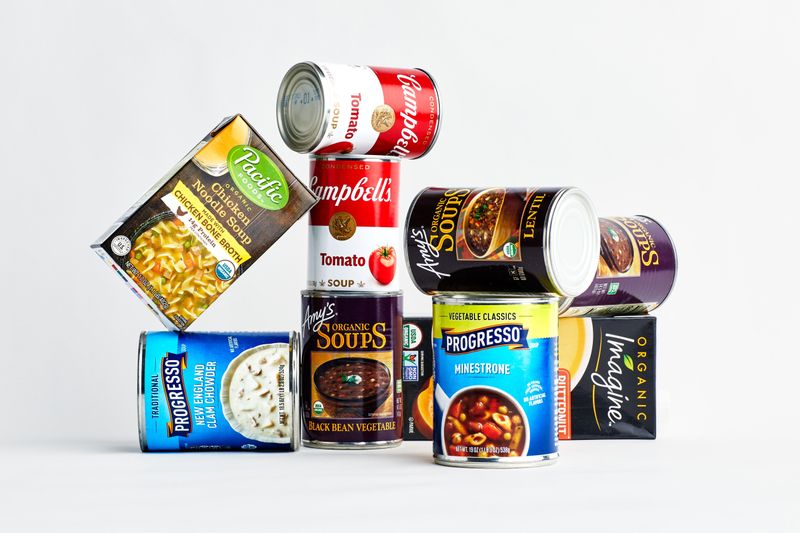


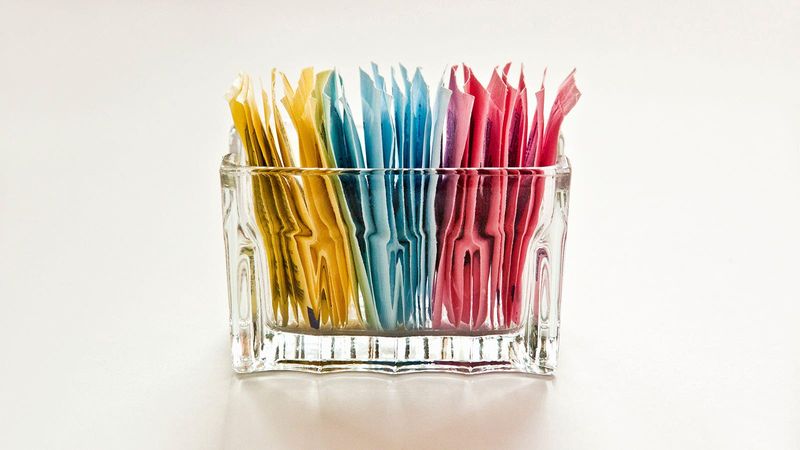
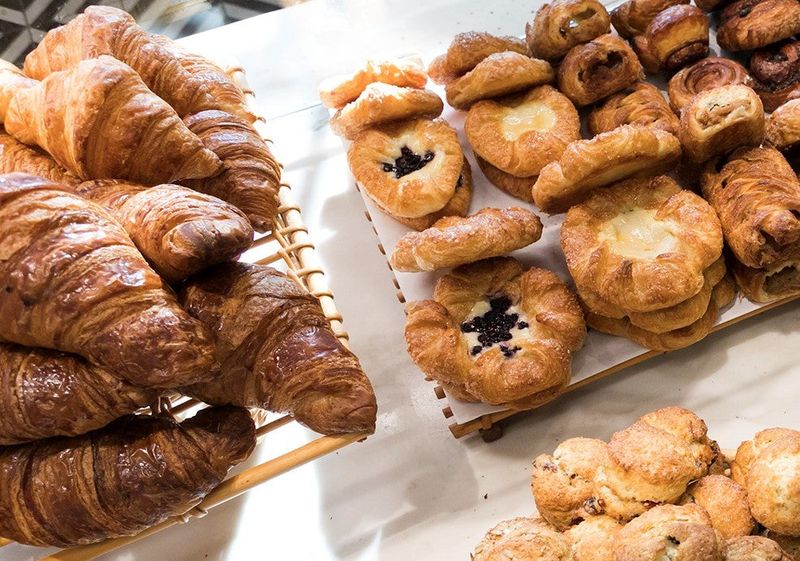
Leave a comment